Latest Article

Why Killing OPT Hurts American Workers More Than It Helps
"OPT is not about ‘foreigners’ taking American jobs. It is about ensuring that future generations of Americans inherit a nation that continues to lead in science, technology, and higher education. Policymakers should strengthen oversight where needed but preserve and expand OPT as a strategic pillar of U.S. innovation, workforce competitiveness, and global influence."Explore all Articles
filter by–Region
filter by–Country
search by–Keyword
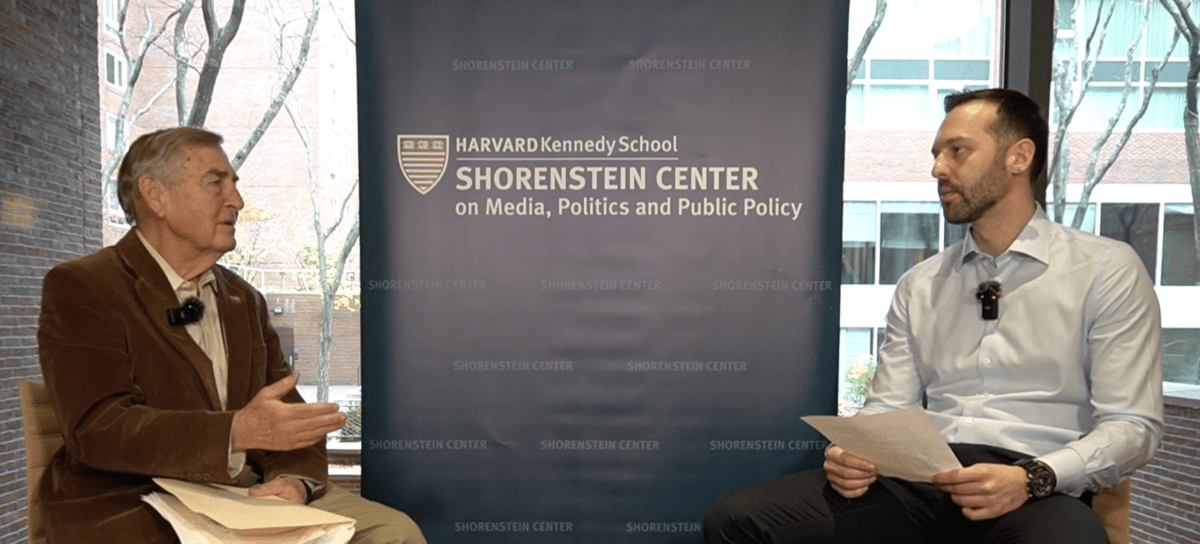
Interview with Harvard Professor Graham Allison: U.S.–China Relations
12.19.23
On December 5, 2023, Senior Editor Nikolas Neos spoke with Harvard Professor Graham Allison about US-China relations and what the rising tension between the two countries means for both of them.
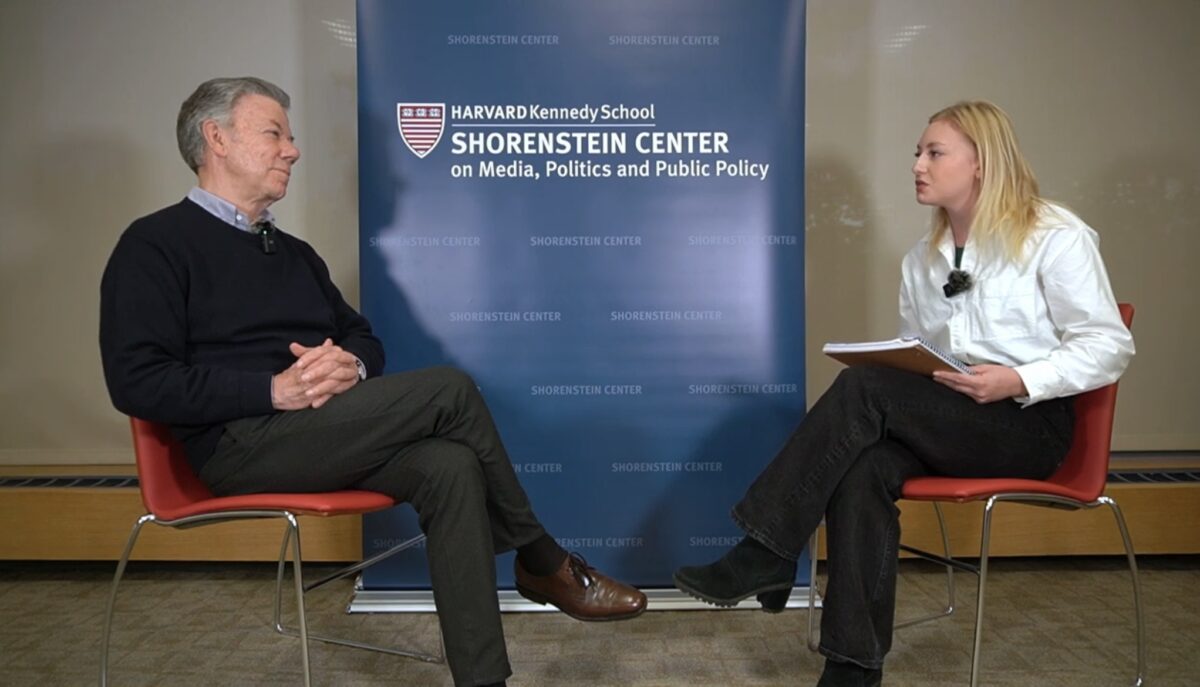
Interview with Former Colombian President Juan Manuel Santos
11.15.23
On November 13, 2023, HKS Student Policy Review Senior Editor Jane Petersen spoke with former Colombian President Juan Manuel Santos. The conversation covered a range of topics including what other countries can learn from Colombia’s peace agreement, poverty alleviation efforts, and the fight against climate change.
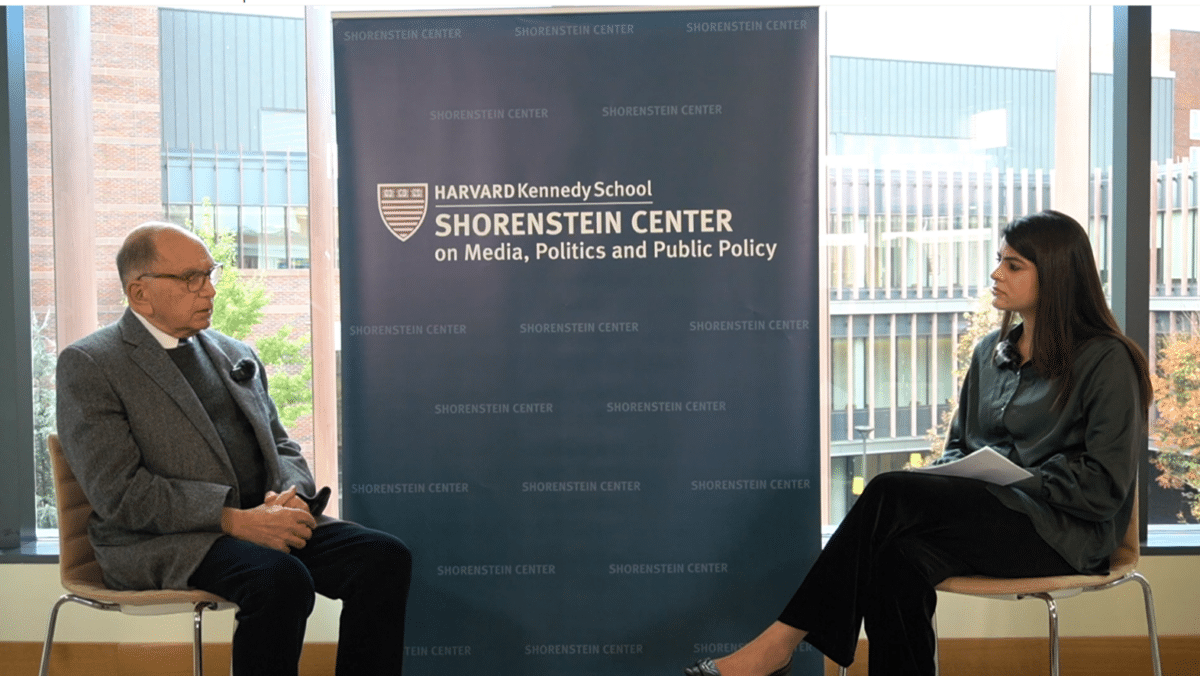
Interview with U.S. Ambassador (Ret.) Djerejian: U.S. Response to the Israel-Hamas War
11.8.23
On November 3, 2023, HKS Student Policy Review Senior Editor Samriddhi Vij sat down with former U.S. Ambassador to Israel and Syria, Edward Djerejian, to discuss the Israel-Hamas war.
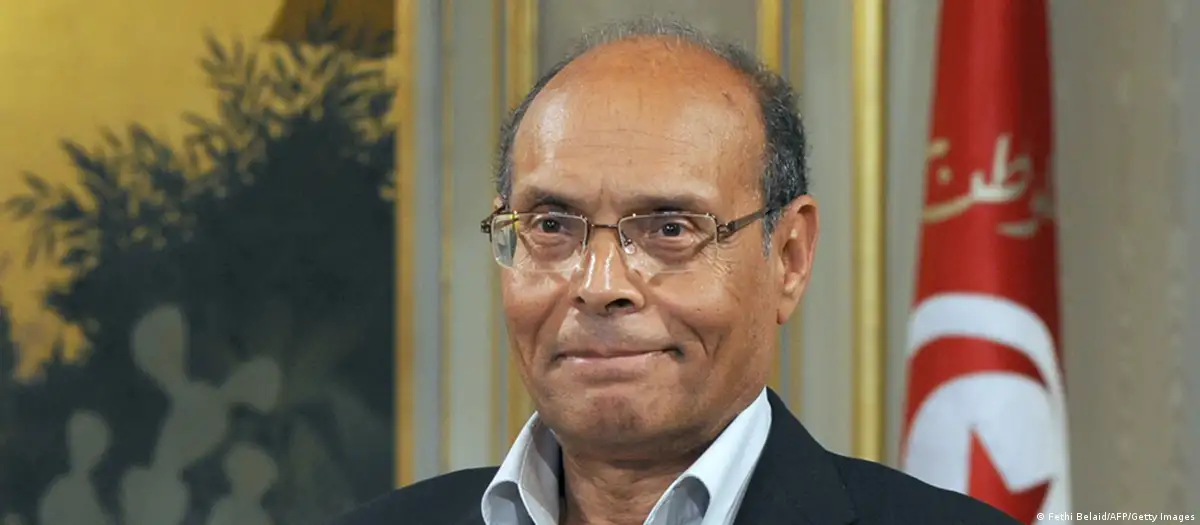
Interview with Former Tunisian President Moncef Marzouki
11.3.23
On November 29th, 2022, HKS Student Policy Review Senior Editor Samriddhi Vij sat down with the former President of Tunisia Moncef Marzouki to discuss democracy in the Arab world, with a special focus on civil movements and women’s rights.

Aiding Afghans without Aiding Taliban
10.27.23
The goal should be to support the Afghan people, especially women, in their quest for dignity, freedom, independence, and human rights, while minimizing the risk of providing legitimacy and resources to the Taliban.

What Carbon Market Debates are Missing
07.18.23
Carbon markets can be understood as a three-legged stool on which part of our climate goals rests; if one of the legs is missing, the stool falls. Unfortunately, today’s carbon market debates focus on two of those three legs whilst ignoring the other.

To What Extent is Singapore a “Middle Power” in the Indo-Pacific?
07.15.23
Elements of Singapore’s foreign policy qualify it as a “middle power,” as per de Swielande’s (2019) theory of regional powers in the Indo-Pacific. This paper addresses the predominance of studies on India, Australia, Indonesia, and South Korea in the literature, as the typical middle powers in the Indo-Pacific (de Swielande, 2019). Small states are frequently […]

Towards Human-Centered AI: How International Harmonization Can Help Prevent the Loopholes of AI Regulation and Black Markets for Malicious AI
07.15.23
As AI continues to reshape our world, forging a comprehensive legal framework becomes crucial to steer AI’s advancement in a globally responsible and ethically sound direction, which ultimately should be supported by customary international law so that the responsibility fall equally on all countries.
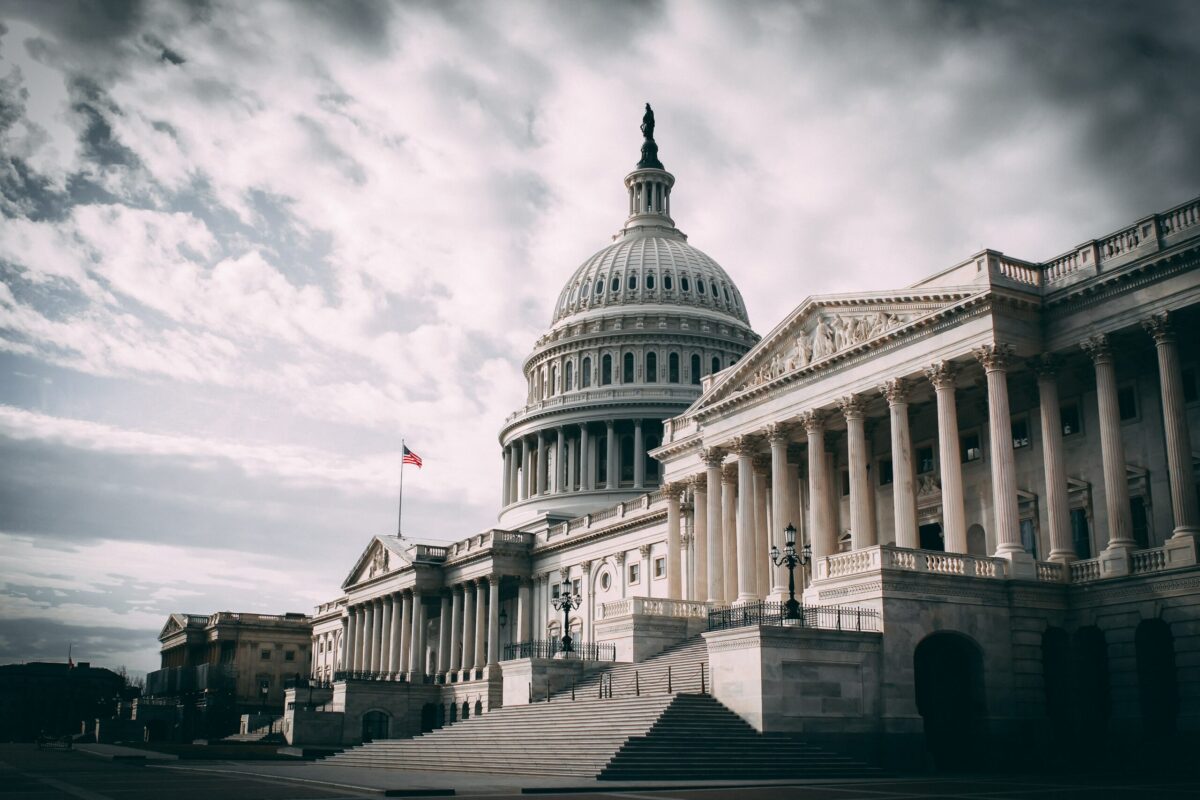
How Congress Should Regulate AI in the Short-term
07.14.23
Congress must take the existential risks of AI seriously and deploy pre-existing risk assessment tools and regulations to better understand, monitor, and mitigate those risks.

The Importance of Aggregate Climate Data for Global Climate Progress From Emerging Economies
06.28.23
Harmonized data lies at the heart of the climate agenda, but do we pay enough attention to the development of the figures that we see? Do we ever question how the figures are calculated?
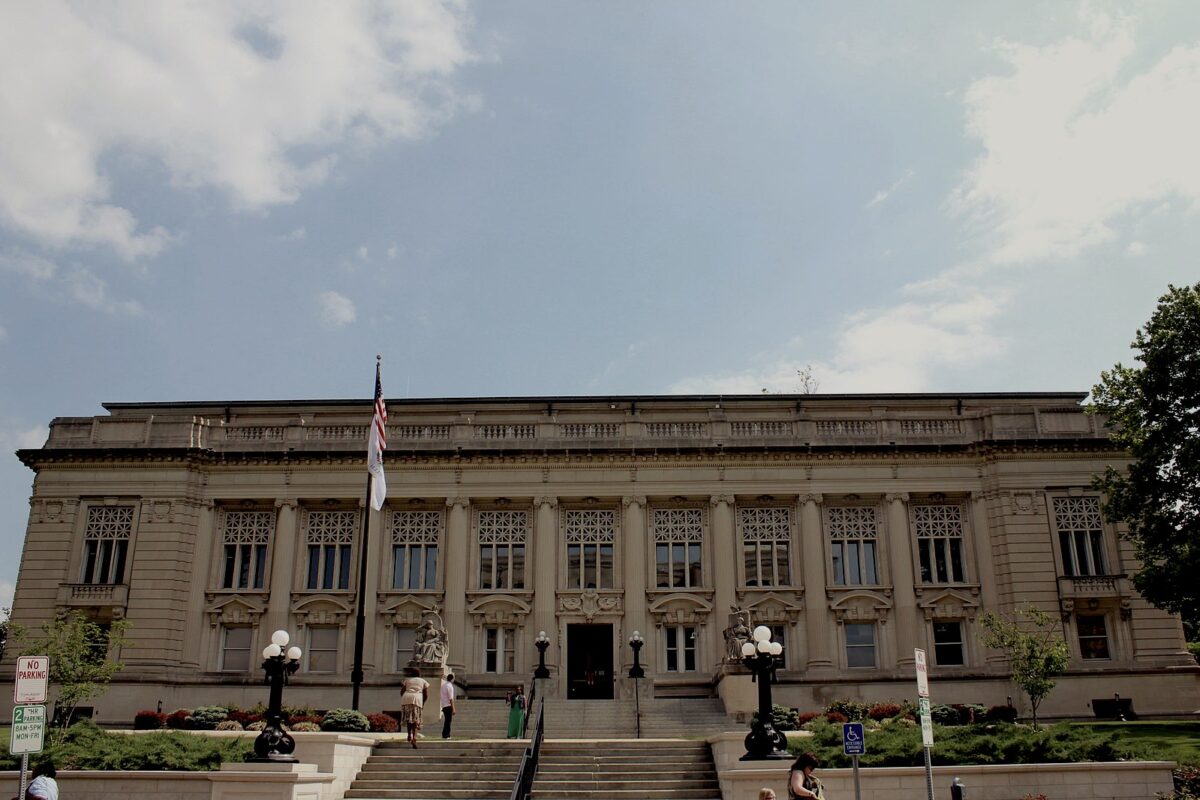
A House Built on Sand: The Future of Privacy in the US
06.21.23
To borrow a famous legal quip, American privacy is protected merely by a thin layer of common decency, public policy, legislative safeguard, and judicial concern–a four-walled house built on, and of, sand.

Latin American Cities in the Age of AI: Navigating the Technological Revolution
06.21.23
AI will continue to permeate and transform cities. With the right guidelines, it will allow governments to improve citizen engagement, reduce tax fraud, and optimize energy, mobility, and waste management systems.